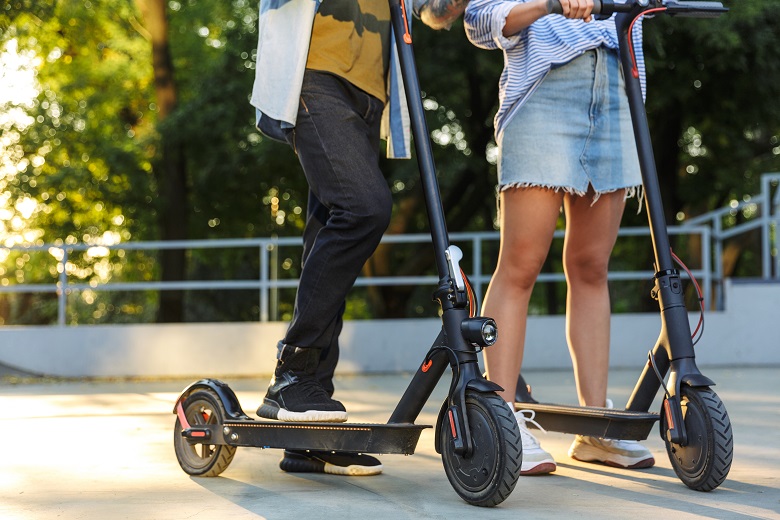
An automated data collection service designed specifically for micromobility is enabling city officials to easily address and debunk common concerns and criticisms of shared scooter and bike schemes, while steering a more informed course for the services.
The application, called Ride Report, can, for instance, enable council officers to effectively respond to anecdotal criticisms of scooter and bike share services, such as safety and parking, according to Ride Report’s senior vice president of shared mobility, Michael Schwartz.
“There is always controversy surrounding the introduction of shared services and this data puts these programs in context by being able to quickly drill down to accurate figures,” Schwartz said.
“For example, officials challenged about three scooter crashes in a year can put that in context by showing that was within 12 million trips over that period. Then you realise the scooters are no more dangerous than other forms of transport.”
Schwartz said the car industry has spent a lot of time creating data for cars but there hasn’t been the same level of information compiled for scooters, bikes and other forms of micromobility.
“Now officials can show up to conversations with traffic engineers and policy makers and be able to show this is a real mode of transportation serving people in their city,” he added.
Schwartz says the platform is helping cities launch, manage, and evaluate shared scooter, bike, and car programs. Its tools enable users to manage policies and compliance and analyse historical travel patterns, as well as track and invoice operators for fees.
Established in the USA in 2014, Ride Report will be exhibiting at next month’s inaugural Micromobility Conference & Expo in Sydney.
Councils in Australia are world leaders in their level of data analysis to assess share services in their cities, according to Schwartz. Ride Report is currently working with local governments in Melbourne, Brisbane, Adelaide, Townsville and the ACT.
“They have been particularly analytical in using the data for benchmarking and seeing how they can expand their programs — more than anywhere else in the world,” Schwartz said.
“They want to see how many scooters trip are being undertaken per 1,000 residents or per square kilometre, and how that compares to services in other Australian cities.
Ride Report launched a shared mobility index last year, having worked with city, state, regional and federal agencies to ingest data from millions of shared bike and scooter trips.
“So far, Melbourne is the only city in Australia that has launched the index but we hope to have an announcement at the conference about other cities getting on board,” Schwartz said, adding that he would like to see interest from the federal government.
“We work with the NZ transport authority and we would like to work on that larger scale with Australian government because we’re finding insights such as carbon offsets really work on that higher scale.”
Ride Report is also being used to track share service use for last-mile connections with public transport, as well as managing specific fees for journeys to and from public transport stations and stops.
“In Brisbane, staff are tracking the performance of the last-mile trials for transit in Buranda,” Schwartz said.
“We have a pilot in NZ which is working by conducting more traditional counts, using people with clip boards or automated counters in a few places, to provide sample figures. We then use shared micromobility data and a few other data inputs to estimate the number of trips on owned scooters and bikes,” he said.
Comment below to have your say on this story.
If you have a news story or tip-off, get in touch at editorial@governmentnews.com.au.
Sign up to the Government News newsletter